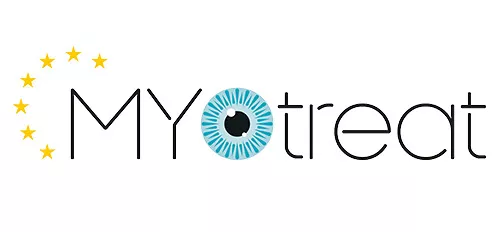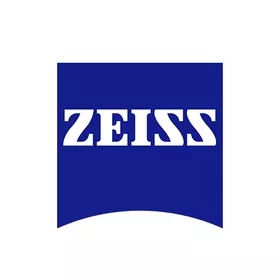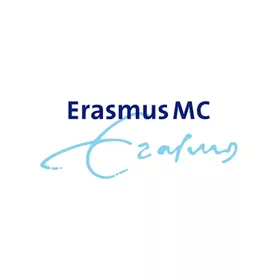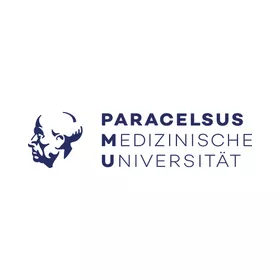MyoTreat
Myopia - from genes and environment to cellular responses and treatment
Myopia - from genes and environment to cellular responses and treatment
Features
Project duration
48 months
Start :
End :
Project scale
European project
Allocated budget
2 747 743,20 €


Description
In modern industrial societies, myopia has become an important ocular health problem of young people, due to its increased incidence and associated complications, which pose a significant risk of blindness already in the middle life span. Current treatment options have limited effects with a maximum reduction of axial elongation by about 0.4 mm over several years, equivalent to a reduction in myopia by only about 1 D. Eye growth is controlled by an interplay of different biochemical pathways, one inhibitory (stimulated by image plane in front of the retina) and one stimulatory (image plane behind the retina). A novel future strategy would be to activate the inhibitory pathways rather than inhibit the growth stimulating pathways (standard target in most studies). At present, interventions to activate growth inhibition are poorly studied. The influence of environmental factors (spectral composition of ambient light) and gene-environment interactions (specific gene variants and their interaction with key lifestyle exposures) on eye growth and refractive development will be investigated. New pharmacological targets will be identified and tested, and biomarkers established to detect the onset of myopia at an earlier stage. It will be studied how choroidal hypoxia relates to choroidal thinning and axial eye growth and how it interacts with the metabolic processes in the retina and sclera. New measurement techniques will be developed that implement artificial intelligence algorithms to improve diagnostics in myopia studies, especially in the periphery of the visual field. The proposed intersectorial and interdisciplinary "MyoTreat" project (including anatomy, physiology, pharmacology, optics, and genetics) will train PhD students in myopia research and generate and disseminate novel research results. The ultimate scientific goal is to identify new strategies for myopia therapy through hypothesis-driven translational research in various animal models as well as in humans.
Programme
Horizon Europe
Horizon Europe is the European Union's framework program for research and innovation for the period 2021-2027. Horizon Europe takes over from Horizon 2020, which ends at the end of 2020.
MSCA Doctoral Network
The objective of Doctoral Networks is to implement doctoral programmes by partnerships of organisations from different sectors across Europe and beyond to train highly skilled doctoral candidates, stimulate their creativity, enhance their innovation capacities and boost their employability in the long-term.
Project team
Partners











